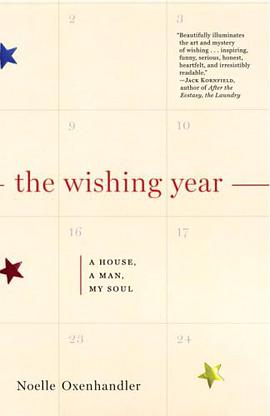

具體描述
In this collection of essays on the metaphysical issues pertaining to death, the meaning of life, and freedom of the will, John Martin Fischer argues (against the Epicureans) that death can be a bad thing for the individual who dies. He defends the claim that something can be a bad thing--a misfortune--for an individual, even if he never experiences it as bad (and even if he does not any longer exist). Fischer also defends the commonsense asymmetry in our attitudes toward death and prenatal nonexistence: we are indifferent to the time before we are born, but we regret that we do not live longer. Further, Fischer argues (against the immortality curmudgeons, such as Heidegger and Bernard Williams), that immortal life could be desirable, and shows how the defense of the (possible) badness of death and the (possible) goodness of immortality exhibit a similar structure; on Fischer's view, the badness of death and the goodness of life can be represented on spectra that display certain continuities. Building on Fischer's previous book, My Way a major aim of this volume is to show important connections between issues relating to life and death and issues relating to free will. More specifically, Fischer argues that we endow our lives with a certain distinctive kind of meaning--an irreducible narrative dimension of value--by exhibiting free will. Thus, in acting freely, we transform our lives so that our stories matter.
著者簡介
圖書目錄
讀後感
評分
評分
評分
評分
用戶評價
相關圖書
本站所有內容均為互聯網搜索引擎提供的公開搜索信息,本站不存儲任何數據與內容,任何內容與數據均與本站無關,如有需要請聯繫相關搜索引擎包括但不限於百度,google,bing,sogou 等
© 2025 book.quotespace.org All Rights Reserved. 小美書屋 版权所有




















